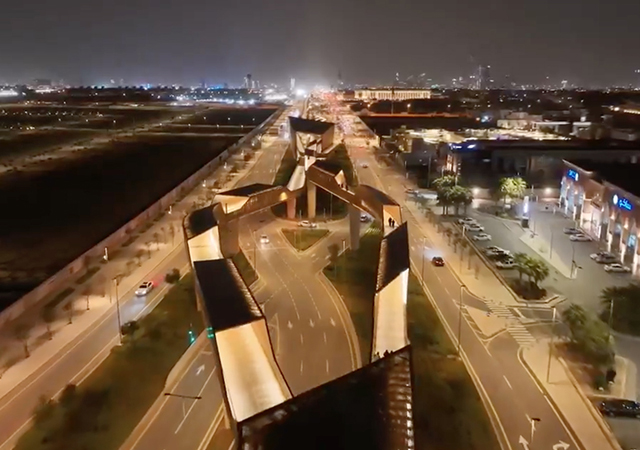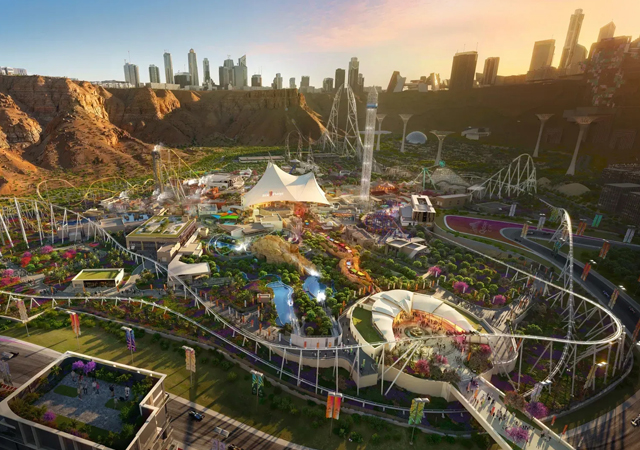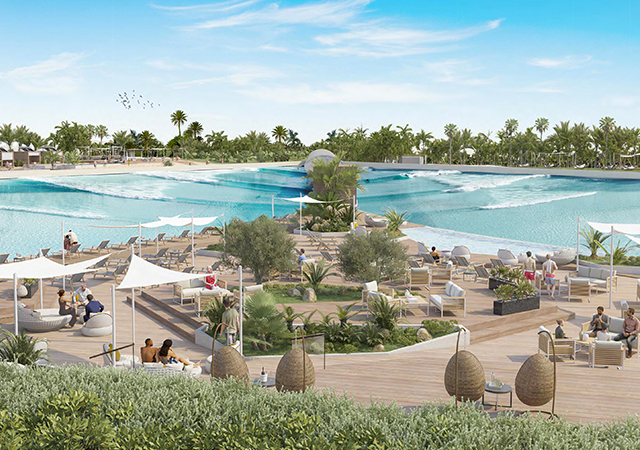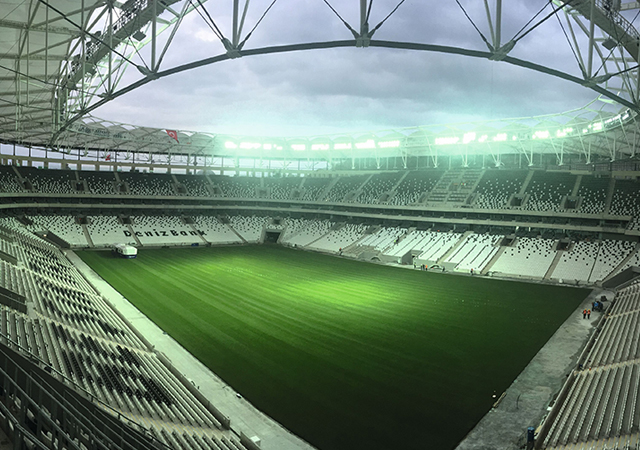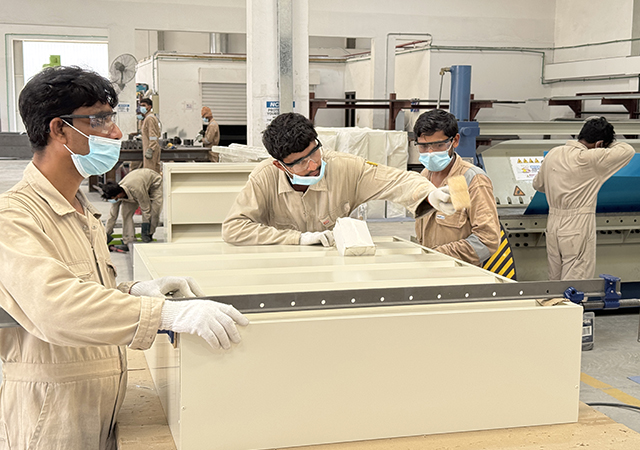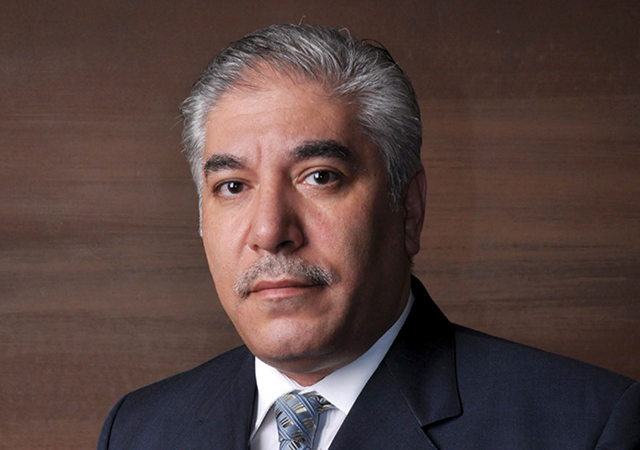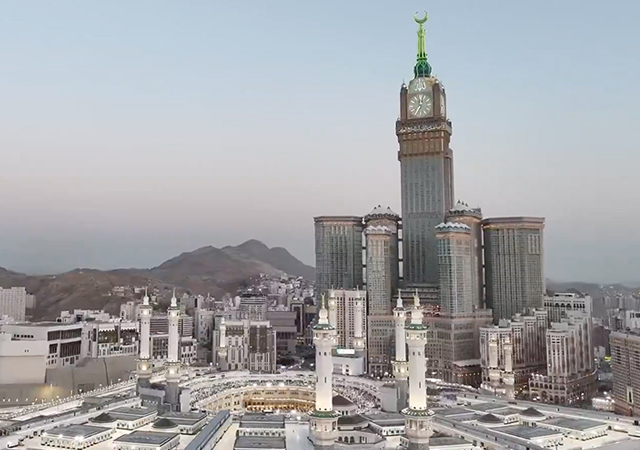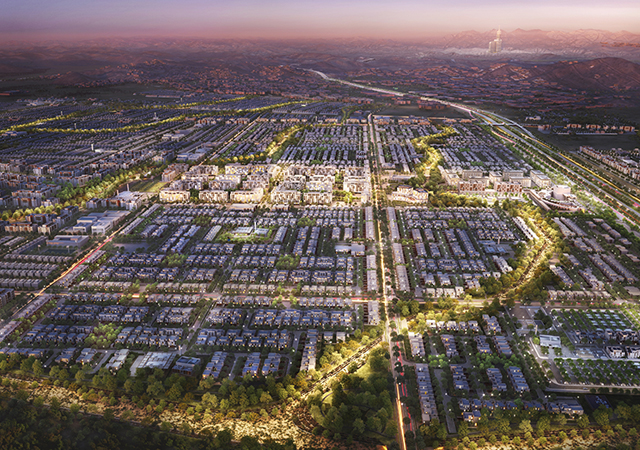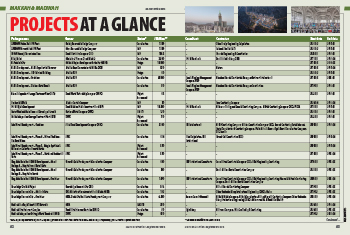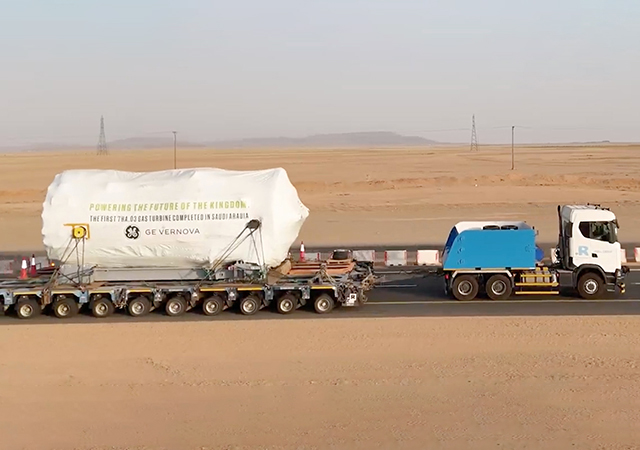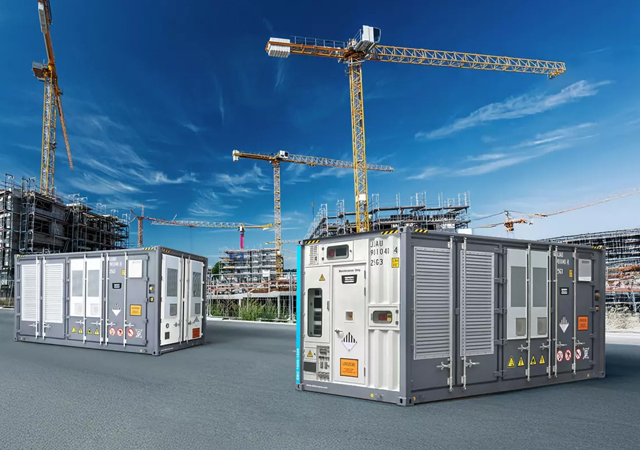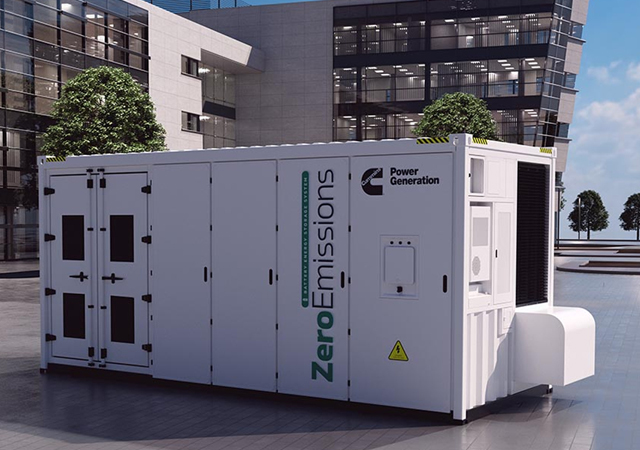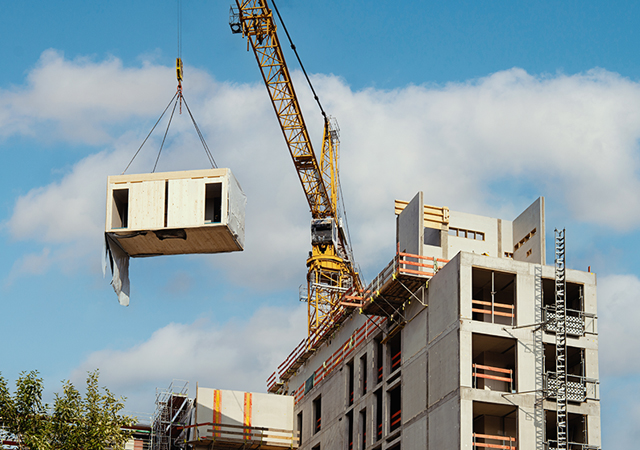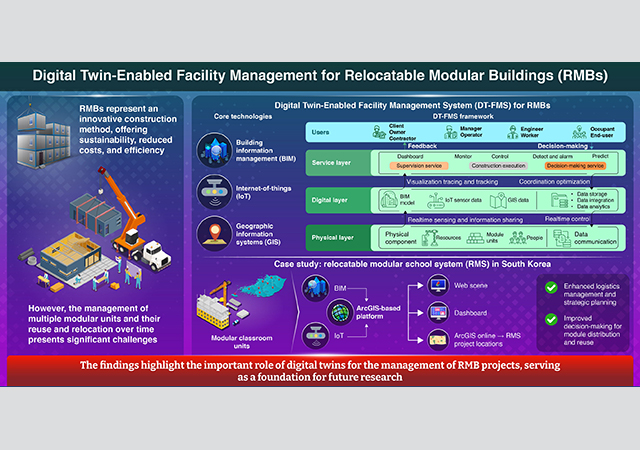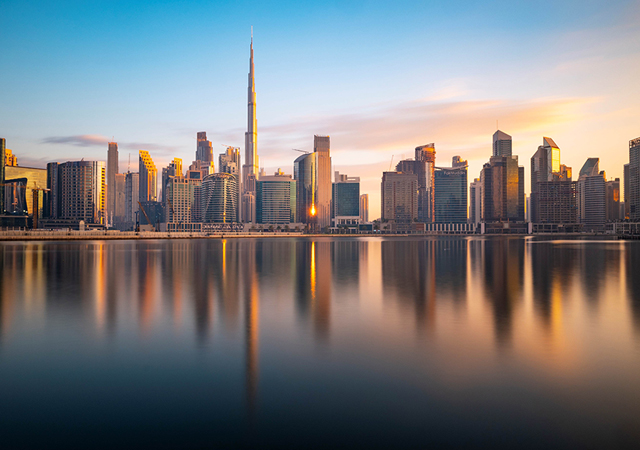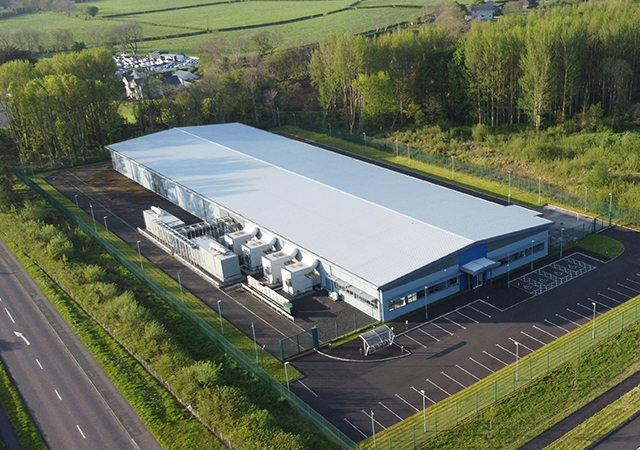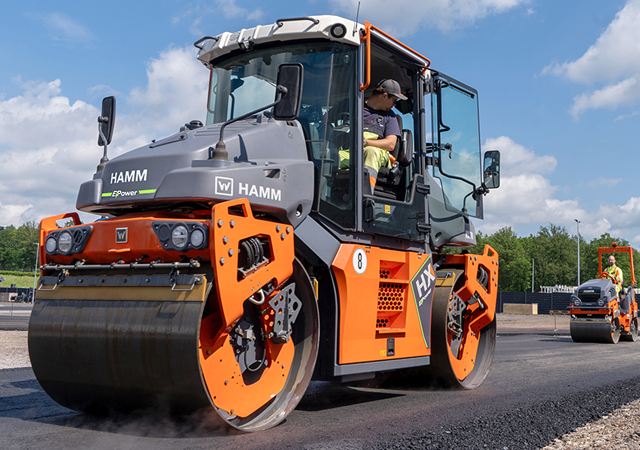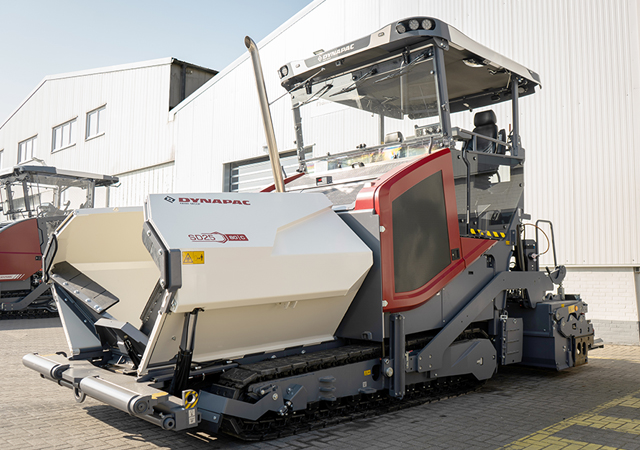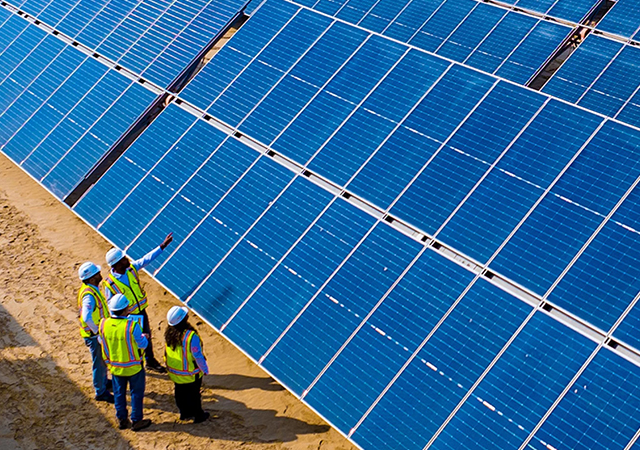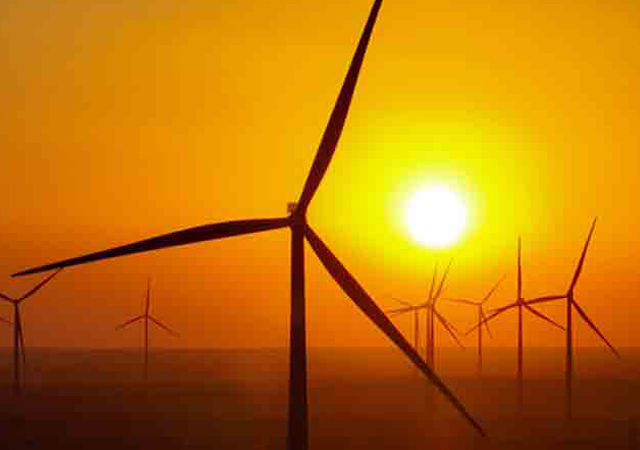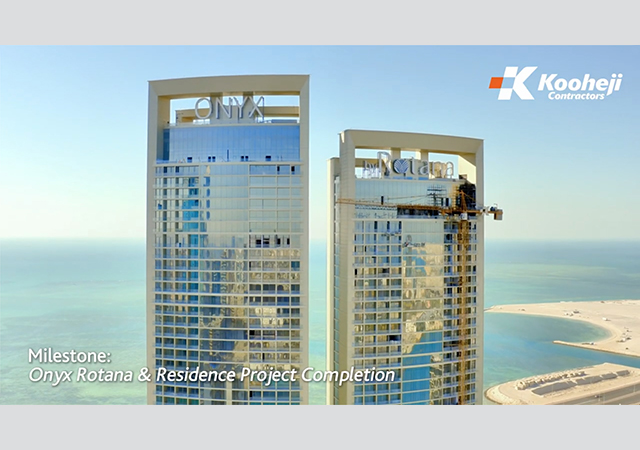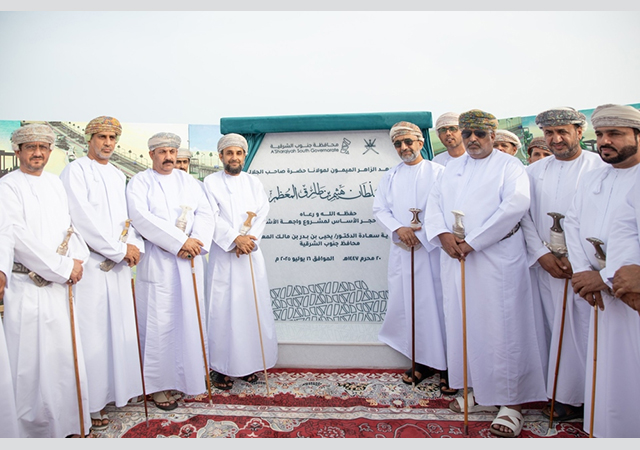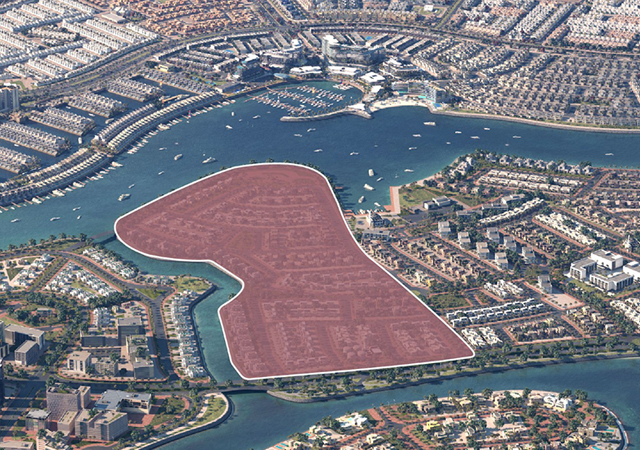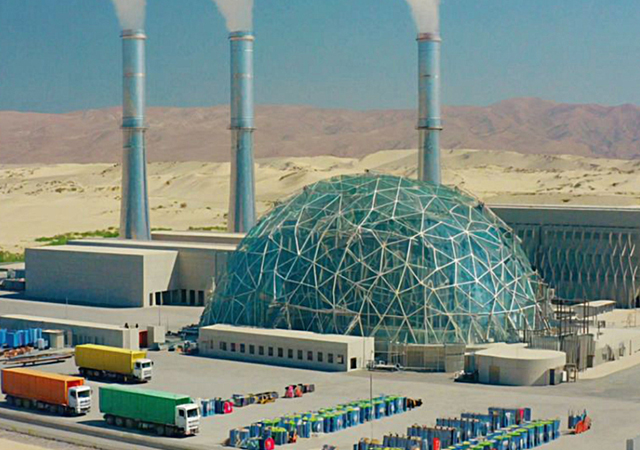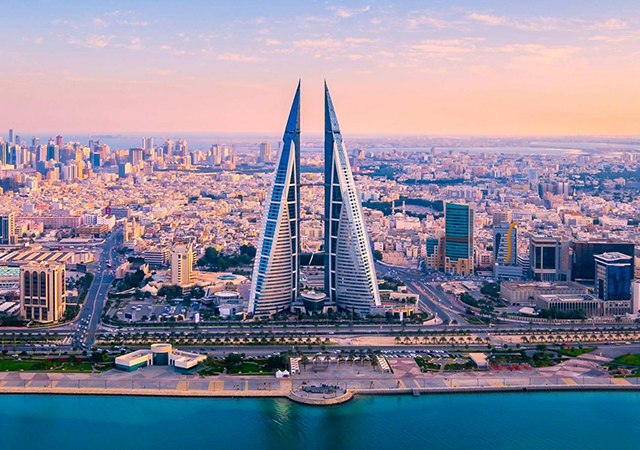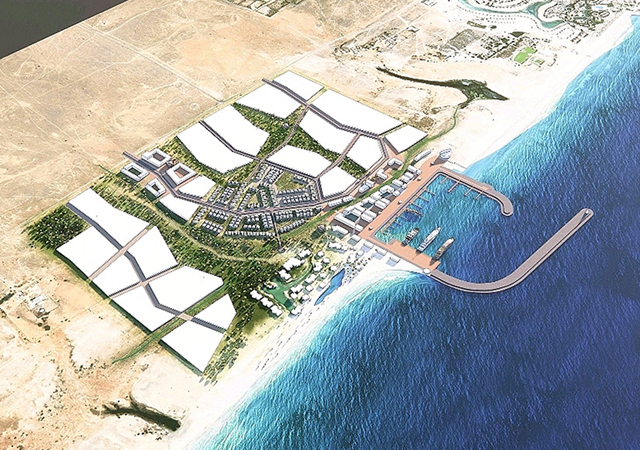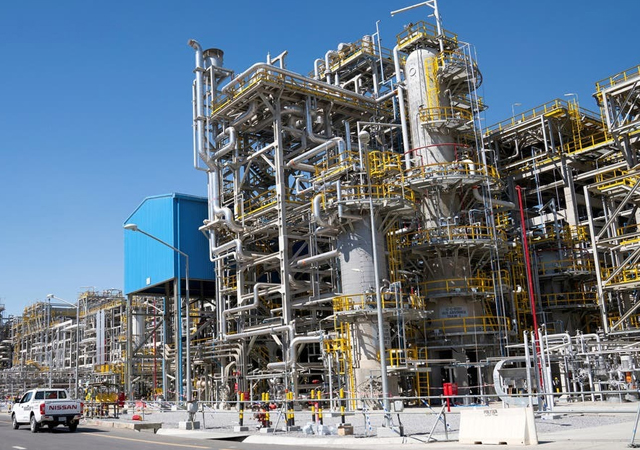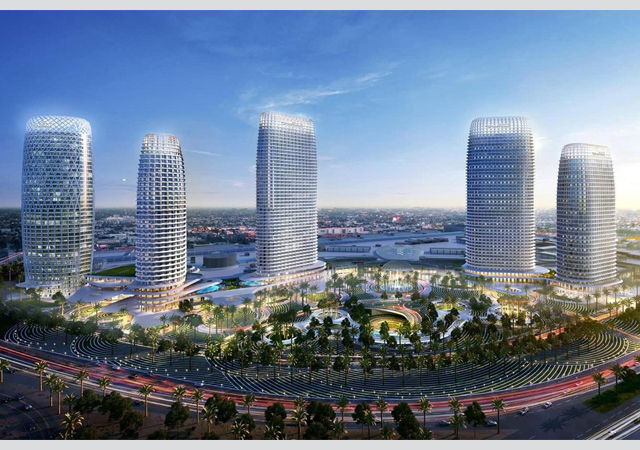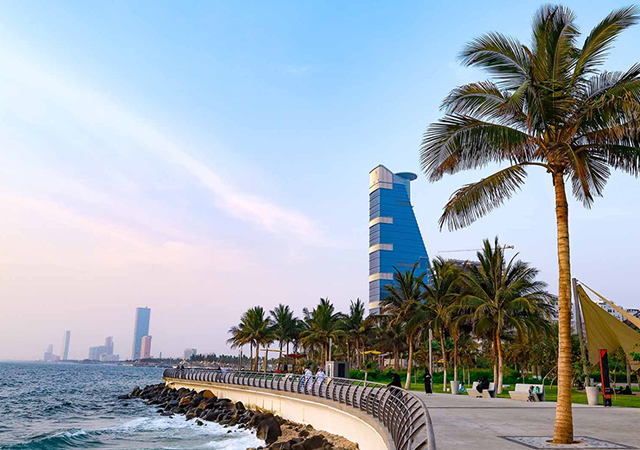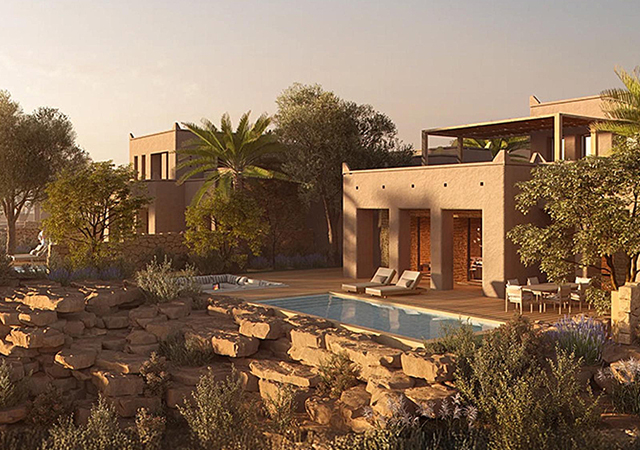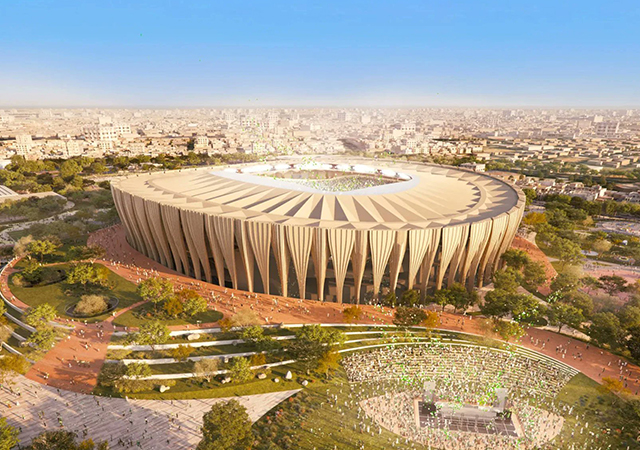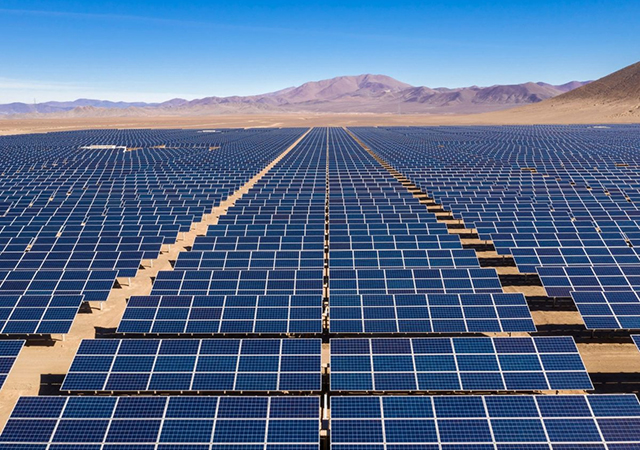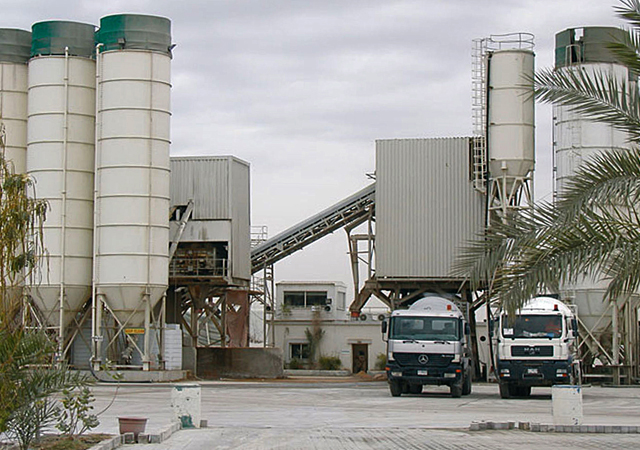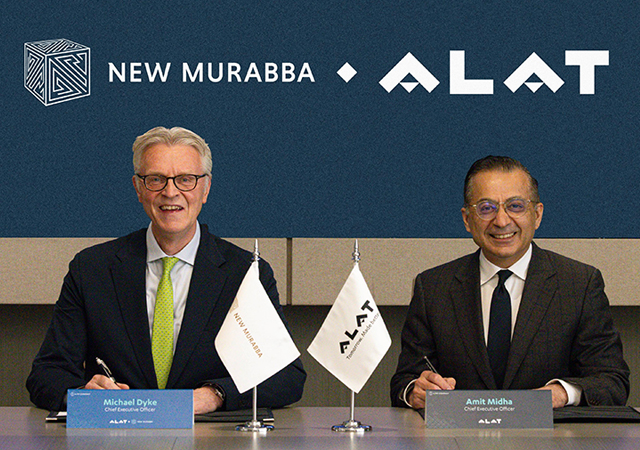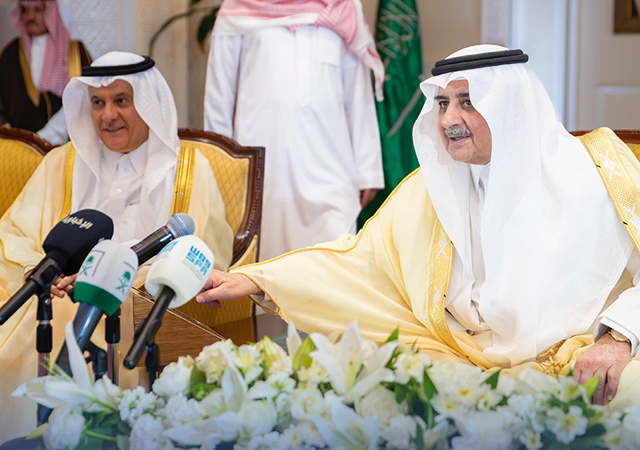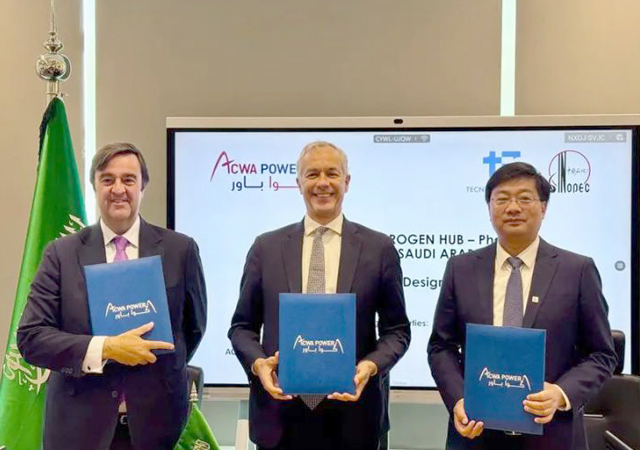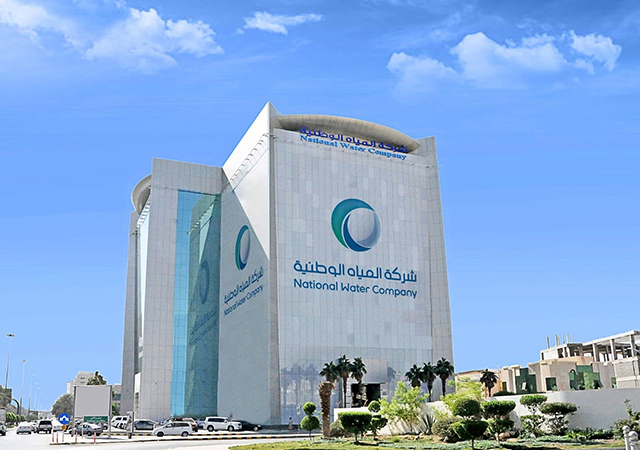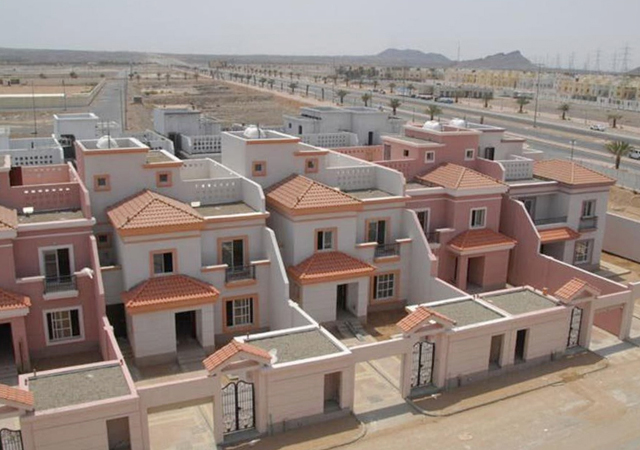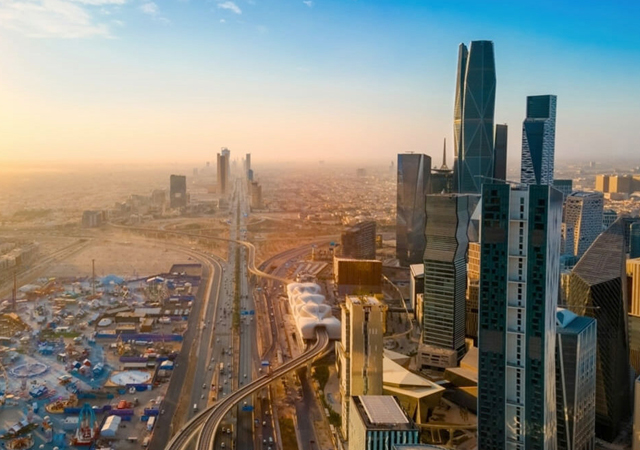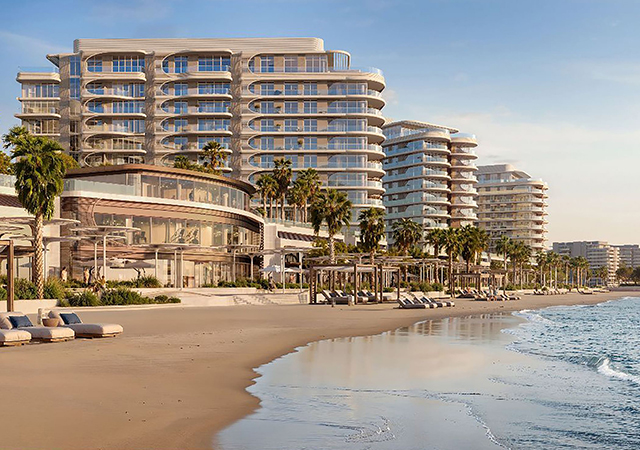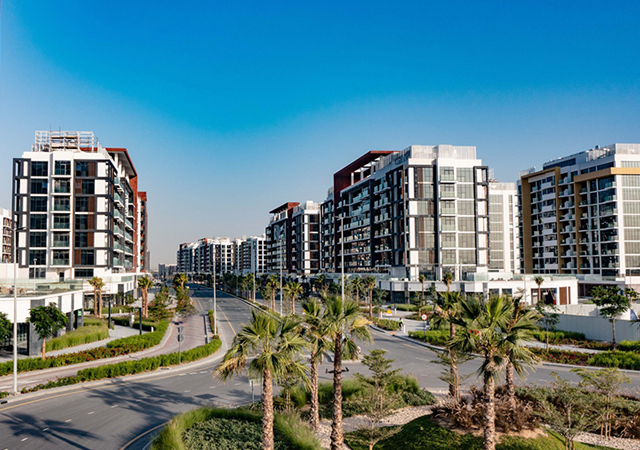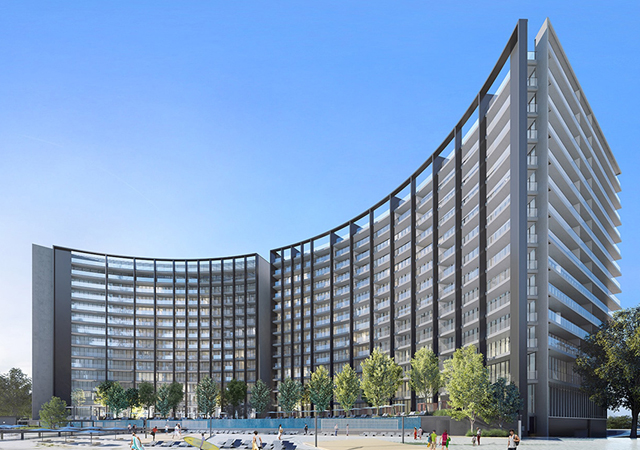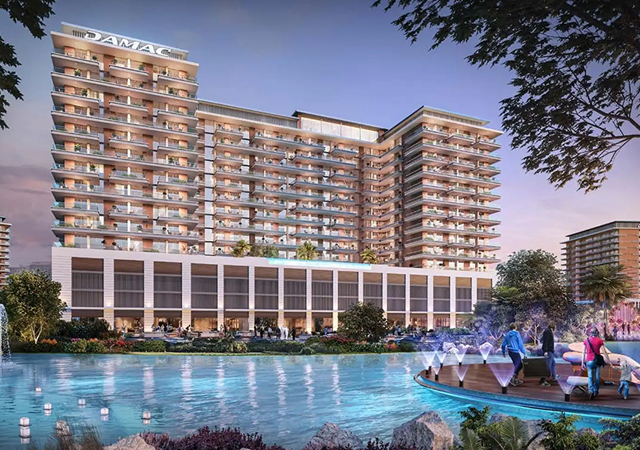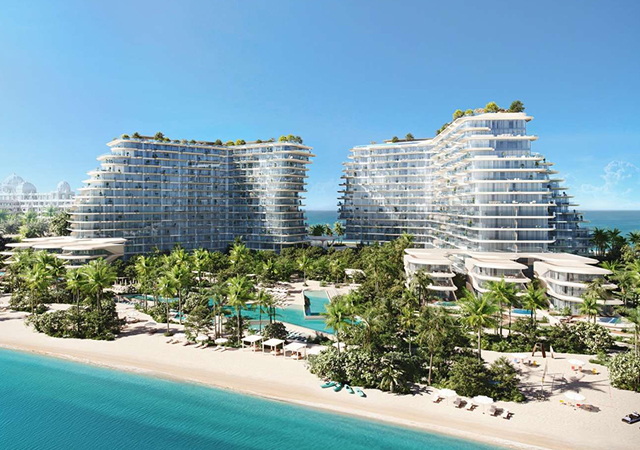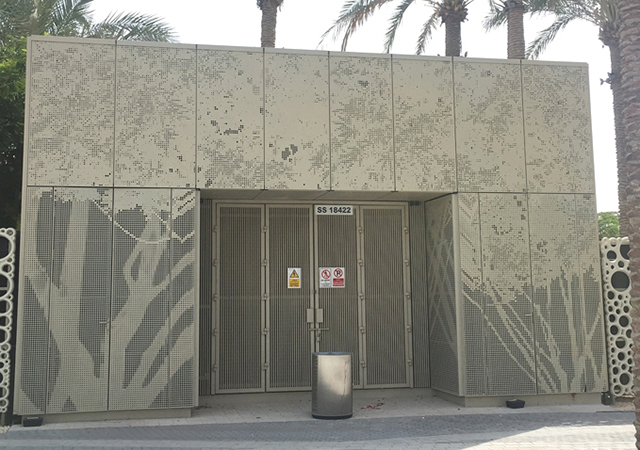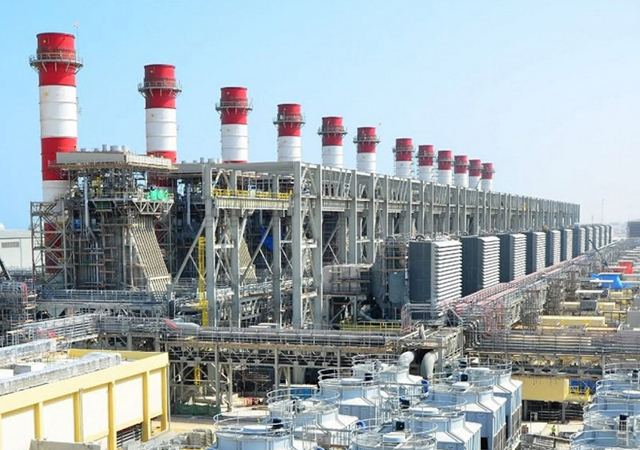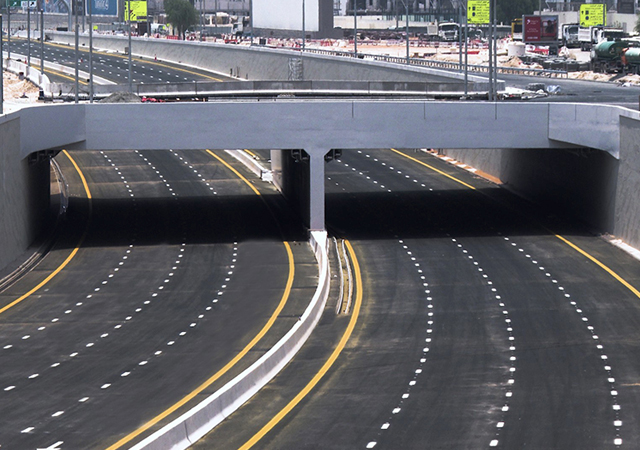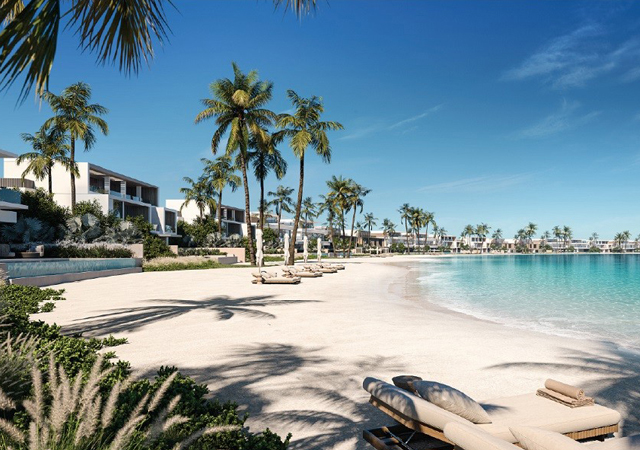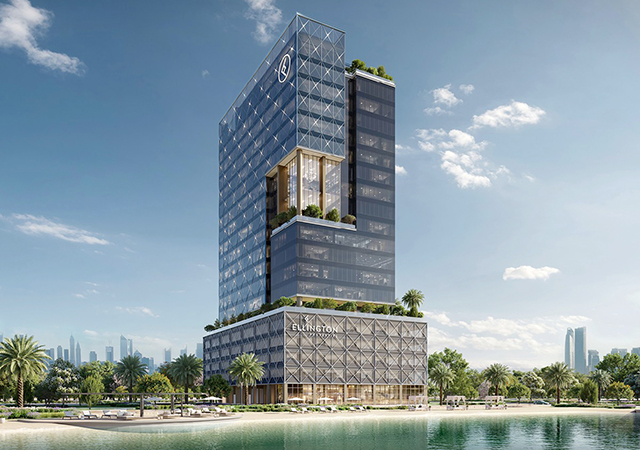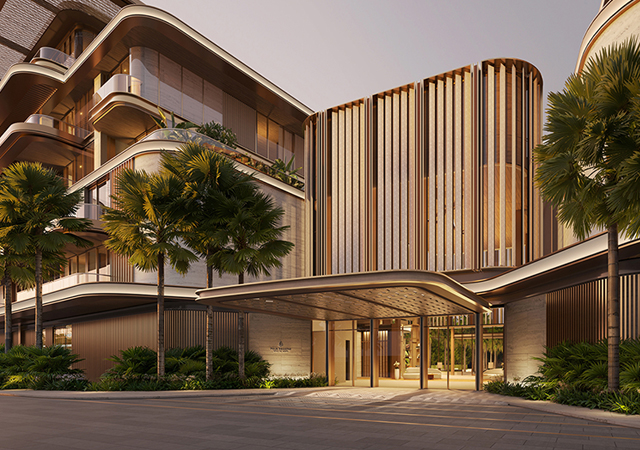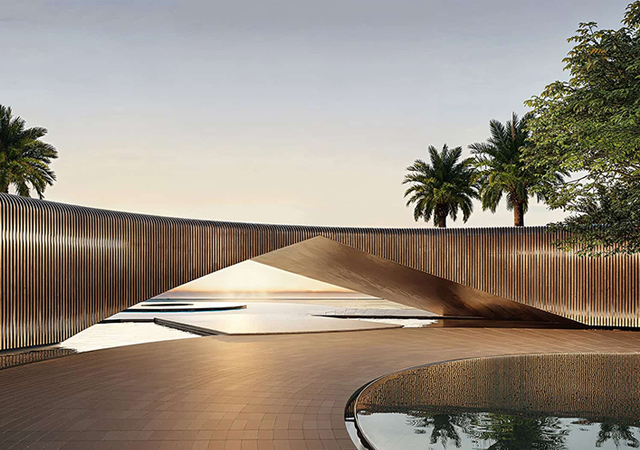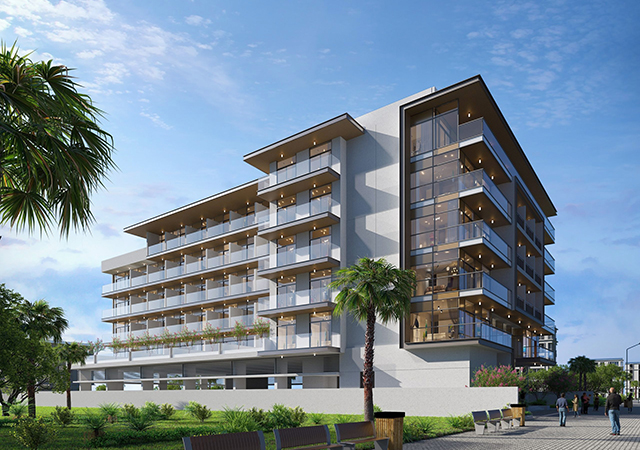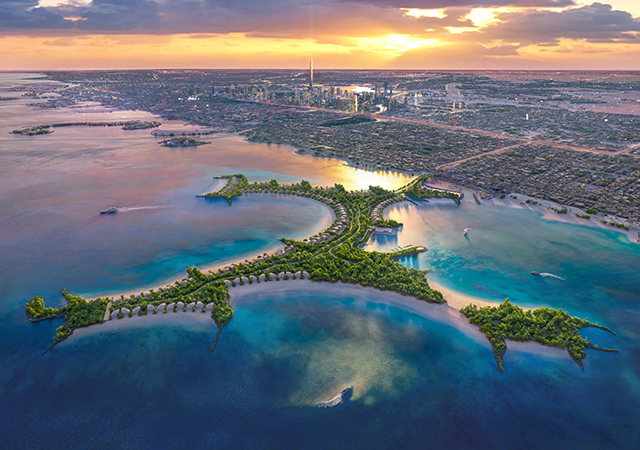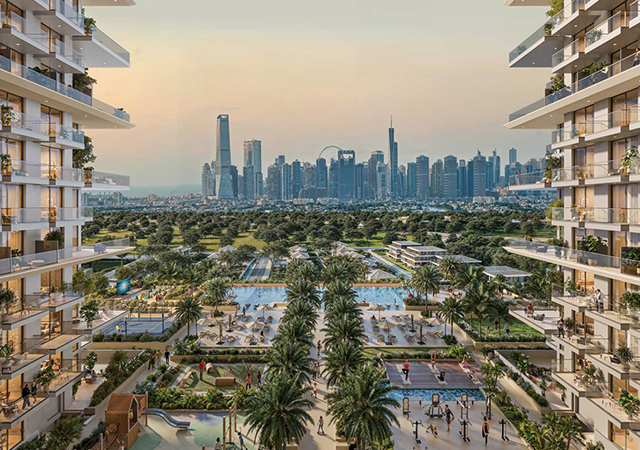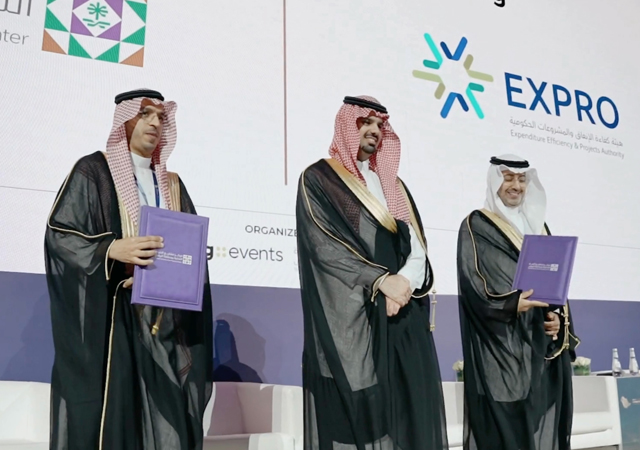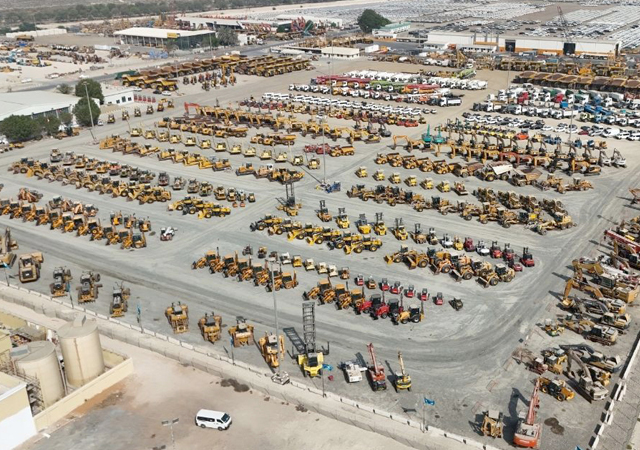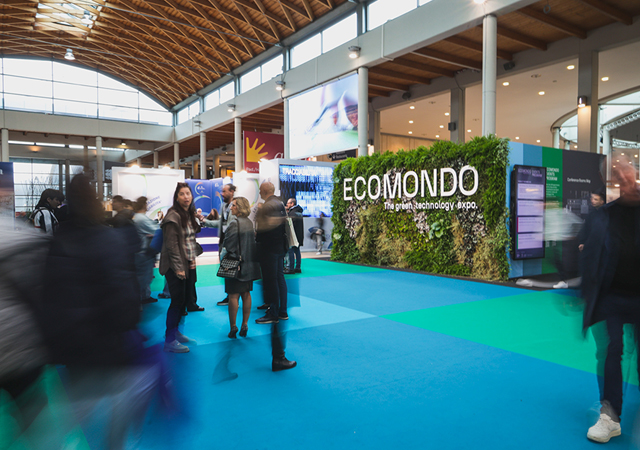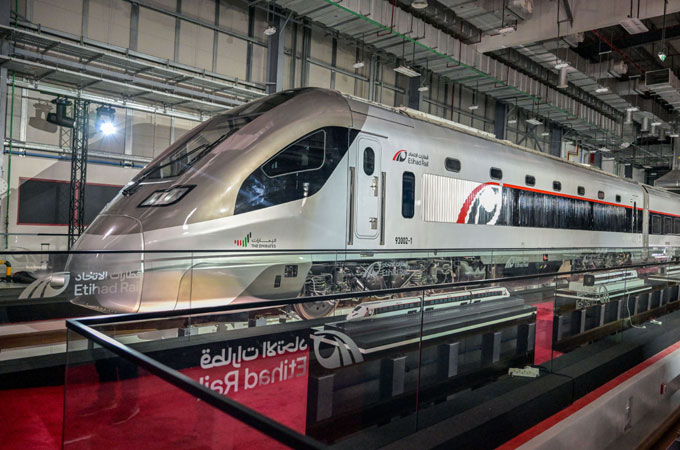
Etihad Rail, the developer and operator of UAE's national railway network, has announced that it plans to launch a new high-speed train between Dubai and Abu Dhabi. The travel time between the two emirates is expected to be just 30 minutes.
The proposed high-speed rail, that will run at 350kmph, marks a significant step forward in enhancing connectivity and sustainability.
This is in addition to the regular Rail Passenger Train services that will be rolled out in 2026, it stated.
The Rail Passenger Services will connect 11 cities and regions with the UAE from Al Sila to Fujairah. The passenger train will transport 400 passengers per train.
The first four stations for the regular train will be: Abu Dhabi, Dubai, Sharjah, and Fujairah.
The travel time for the train will be:
* Abu Dhabi – Dubai: 57 minutes
* Abu Dhabi – Ruwais: 70 minutes
* Abu Dhabi – Fujairah: 105 minutes
By 2030, the number of passengers is expected to reach more than 36.5 million annually.
Furthermore, the initial four passenger train stations will be strategically integrated with existing metro and bus networks to provide a seamless and comprehensive multimodal transportation experience.
Etihad Rail’s ambitious plan features six stations, including Reem Island and Saadiyat in Abu Dhabi. Key Dubai stops include Al Maktoum International Airport and Al Jaddaf.
The passenger train will eventually travel throughout the UAE towards the border with Oman, passing through Mezeira’a, along Liwa Desert and its famous oasis.
It will travel at 200kmph, and can accommodate up to 400 passengers. It has the same rail as the cargo trains, and will have four stations in Abu Dhabi, Dubai, Sharjah, and Fujairah.
Meanwhile, highlighting the pivotal role of the high-speed train, Al Shehhi said it will help in bolstering the UAE's economic growth.
Speaking to the Emirates News Agency (WAM) during a press conference held at Etihad Rail HQ, Al Shehhi emphasised that the high-speed rail network, connecting Abu Dhabi and Dubai, will not only facilitate rapid and convenient travel but also serve as a catalyst for enhanced economic and social integration.
The network will encompass six strategically located stations: Reem Island, Saadiyat Island, and Yas Island in Abu Dhabi, and stations in proximity to Al Maktoum International Airport and the Jaddaf area in Dubai, he added.
Al Shehhi further elaborated that the high-speed rail system, operating entirely on electric power, aligns seamlessly with the UAE's national commitment to sustainable development and environmental stewardship.



